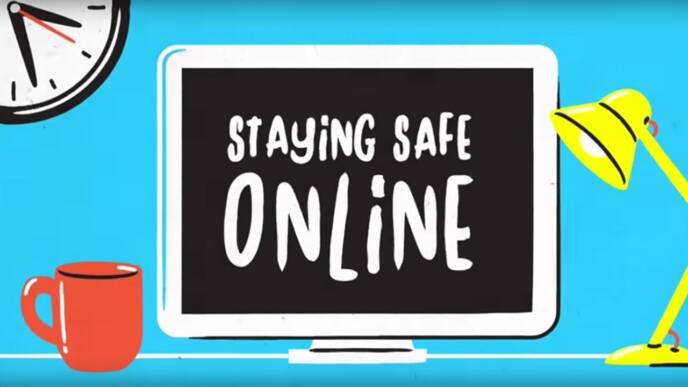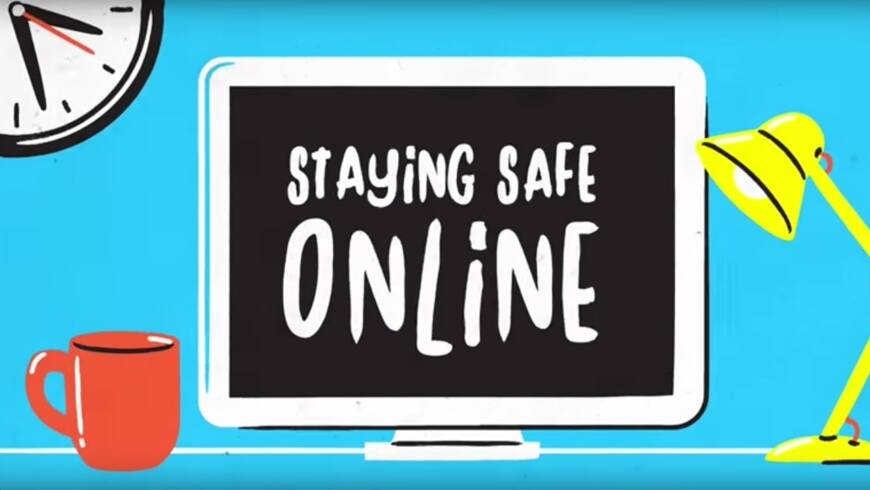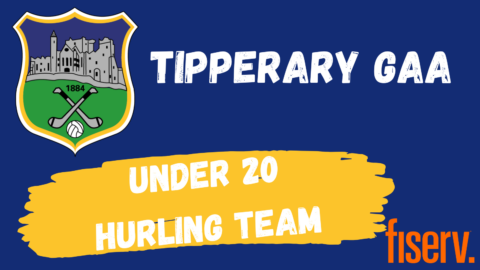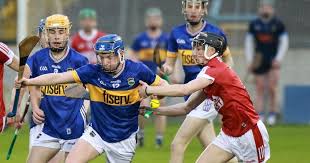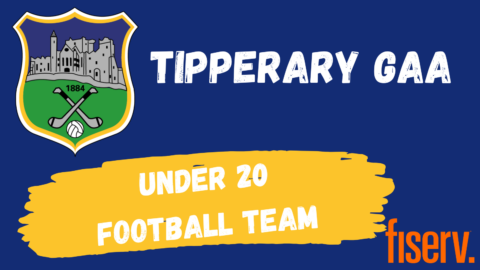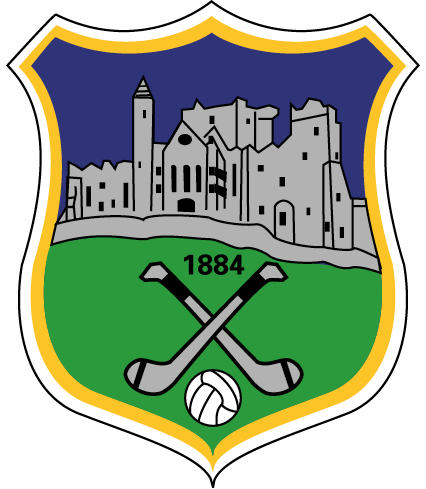
Considering the recent cyber-attack on the HSE it is important to note that cybercrime is a risk for all of us to be aware of, both in our roles in the GAA and in our personal lives. Here are some simple pointers to help keep you, and your club, safe on-line.
Password Best Practices· Use passwords or phrases that are easy to remember but hard to guess. · The best defense is to make it as long as possible, at least 12 characters. · Use a mix of lower- and upper-case letters, numbers and symbols. · If possible, use a leading password manager to generate long random passwords. · Never share passwords with others. · Never write down your passwords · Use different passwords for each of your accounts. If one system is hacked they won’t be able to access other systems. · Don’t base it on personal information or easily guessable information about you i.e. your club or county. · Don’t reuse old passwords or just change the number. · Be careful when entering passwords in public spaces · Use 2 factor authentication where possible. |

